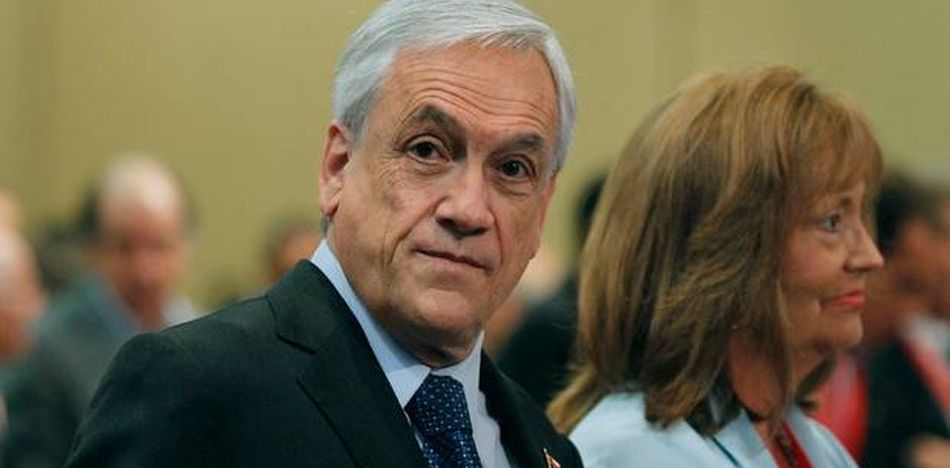
Former Chilean President and current presidential pre-candidate Sebastian Piñera promised to double economic growth rates if elected.
“The goal is to double the rate of growth toward the end of my term,” he said. “Every day we invest less, every day we are less productive, and that causes gigantic damage.”
- Read More: Chile is More Equal and More Prosperous than Ever Thanks to Capitalism
- Read More: Former Chilean President Sebastian Pinera Officially Announces Run for Second Term
He even went so far as to say that doubling the economy was the bare minimum expectation — tripling the country’s growth through improved wages and job creation are possible, he said.
He said he wanted to increase the country’s growth rate from 1.6% to a figure closer to four, but not more than that because the current administration has damaged the economy too severely.
The idea is not to create “false expectations,” he said, after the media pressed him on his claims. During his first term he was able to achieve six-percent growth, which just isn’t possible this time around.
As for education, Piñera said he wants to improve reforms that have been stalled in the country for decades.
“We believe in a teaching society, that is to say, a civil society where the state contributes, that we should join forces to give a good education to our children.”
“We believe that it is the state’s responsibility to guarantee free education,” he said. “Preschool and school to all children and young people, and also that no young person is left out of higher education due to lack of resources and that no family is transformed from the dream of a professional child into a nightmare due to the excess of debt.”
He said he plans to create at least 300 more high schools during his administration, if elected.
Piñera also mentioned improving pensions for all Chileans, an issue that has been the source of protests for several years.
“In our proposal, employers will have to contribute, at the expense of the employer, with an additional four percent to the savings of their workers and that four percent goes directly to the savings account of each of their workers.”
Sources: La Tercera; Cooperativa
 Versión Español
Versión Español












